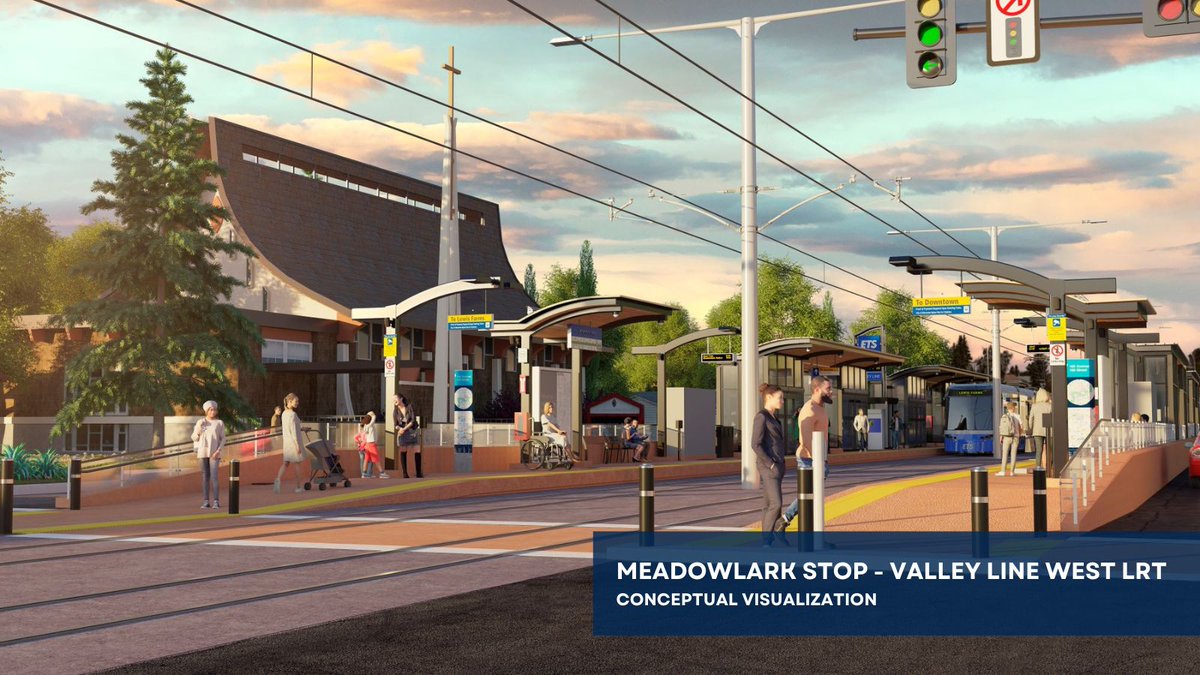The_Cat
Senior Member
I saw a lot of personnel work on the cables today (Bonnie Doon and Strathearn).
Why does anyone need to fall on their swords? From my observations, it seems like a lot of due diligence went into selecting a P3 contractor. Granted, I can't say much about which ever group evaluated the proposals, however, we had the LRT Goverence Committee involved, along with a Fairness monitor involved. This wasn't admin and admin alone. And even if it was, if they competently awarded the contact, if it does go into the toilet because of poor project management, bad contractors etc how is it necessarily admins fault? I'd actually argue someone was doing their homework, whether it be City monitors, or quality assurance within TransEd for catching a lot of poor concrete work that saw the Whitemud bridge spans redone once (or was it twice?) and the replacement of some of the elevated guideway segments and who knows what else.People seem to forget that the city (administration as council knows nothing) is the party who set the standards, wrote the spec's and issued tenders etc. and presented council with admin's choices to vote on.
Funding set none of that, and yet, has anybody in administration fallen on their swords yet?
Frankly, I think the fact Thales hadn't done an install on a system with grade crossings is relatively minor. Yes, there were an incidence or two of crossing triggering with no trains, or releasing the crossing early, but, that was relatively rare and the issues fixed. In reviewing the CBTC tender I looked hard for any references to ATO- Automatic Train Operation. There were none. The only modes speced were CBTC and manual. Yet, after the contract award it seems that the City went back with change orders and I wouldn't be surprised if that's where a lot of the struggles were. The contact went from $44 million to $55 million.Second, the debacle of the Metro line (which was not a P3) shows that the issue is with the city transportation department and a lack of adult supervision from elected council. The transportation department accepted Thales' assurances that its signalling system would work even though Thales had never installed its system in an LRT line with grade crossings like Edmonton's. This major error is on city staff, not anyone else. They're supposed to ensure that bidders and suppliers meet required standards. And council is supposed to be ensuring that city staff (through the city manager) are actually doing the jobs they're paid to do. The fact that this project went horribly awry and was over a year and a half late (and again, the city was responsible for delivery, it wasn't a P3) was one of the reasons the city manager was fired.
Not quite. There were 5 bids, Thales was the second most expensive at $45.4 million with the most expensive at $75.4 million and other 3 between $33 million and $40 million. Thales was the only one to score enough points to meet the minimum points requirement so was the only one to move onto the scoring component based on price, but being the only to reach that stage, it was irrelevant. NO vendor scored full points on ‘Compliance with Milestone Dates’ and ‘Project Schedule Detail and Soundness.' That was where the alarms bells should have been going off.Of note, when the city received only 1 response (from thales) for the metro signals. Alarm bells should have gone off like a 4 alarm blaze...
Marigold Infrastructure Partners
@MarigoldTransit
The future Meadowlark Stop will be located on Meadowlark Road near 88A Avenue. Construction is ongoing as our team conducts utilities relocations and roadworks. Visit our website for more info:

